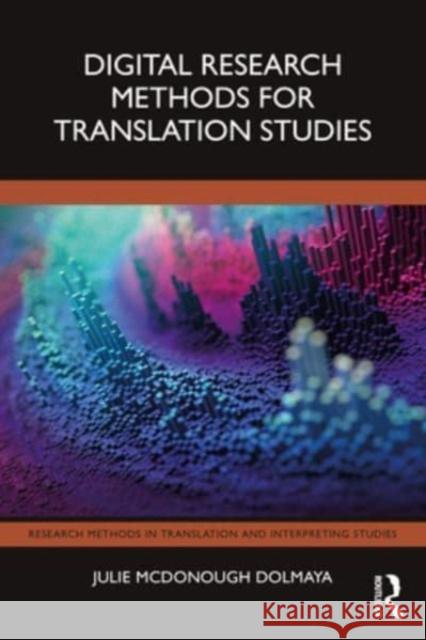Digital Research Methods for Translation Studies » książka
topmenu
Digital Research Methods for Translation Studies
ISBN-13: 9780367539894 / Angielski / Miękka / 2023 / 288 str.
Digital Research Methods for Translation Studies
ISBN-13: 9780367539894 / Angielski / Miękka / 2023 / 288 str.
cena 200,76
(netto: 191,20 VAT: 5%)
Najniższa cena z 30 dni: 181,29
(netto: 191,20 VAT: 5%)
Najniższa cena z 30 dni: 181,29
Termin realizacji zamówienia:
ok. 22 dni roboczych.
ok. 22 dni roboczych.
Darmowa dostawa!
Digital Research Methods for Translation Studies introduces digital humanities methods and tools to translation studies.











